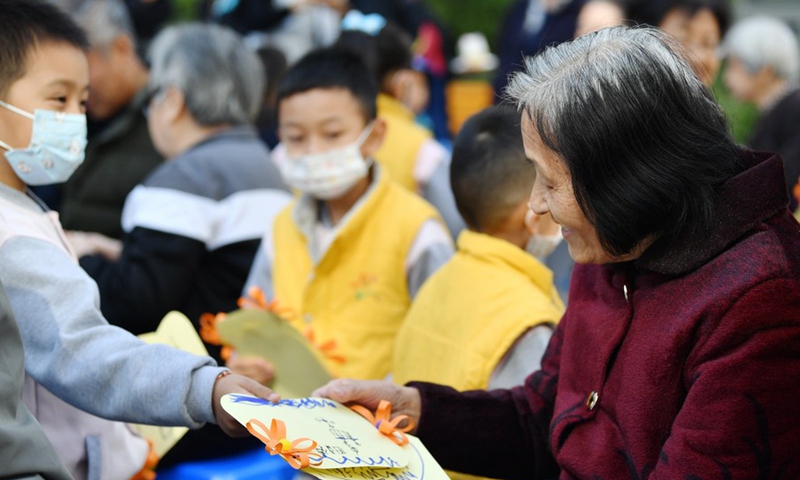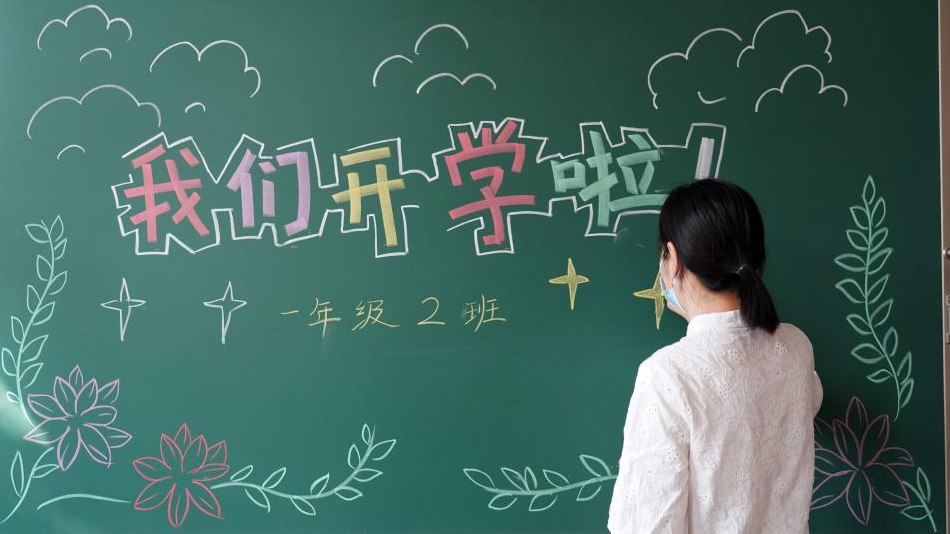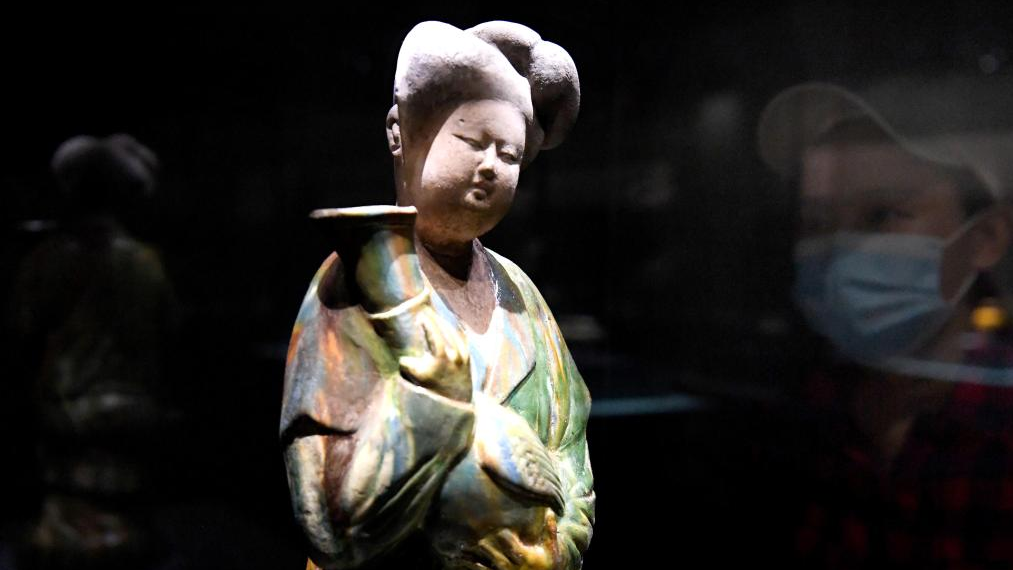China sees 13 provincial-level regions record 20% of population being aged 60 or above

Photo:Xinhua
In the Chinese mainland, 13 provinces, municipalities and regions have now recorded more than 20 percent of their population being aged 60 or above, with three places seeing the share of this age period rise above one fifth for the first time, including Beijing, as the country's aging process continues speeding up.
A place is considered as entering a moderately aging society when the proportion of people aged 60 and above is between 20 and 30 percent, according to international standards.
Places that entered moderately aging societies in 2021 are mainly distributed in North China, including Beijing and Tianjin, the Yangtze River Delta region, such as Shanghai, and Southwest China, reported Shanghai-based media Yicai.
Experts said the high proportion of elderly population in most of these 13 regions is a result of a low birth rate or a large outflow of young people to the developed cities. For megacities like Beijing and Shanghai, advanced medical and living conditions also contribute to higher life expectancy there.
Northeast China's Liaoning Province has the highest proportion of the elderly, more than 25 percent of its population.
Northeast China has experienced a continuous outflow of young people and those at the working age due to the economic downturn, insufficient industrial development and reduced job opportunities, said Yi Baozhong, a professor at the Institute of Northeast Asian Studies of Jilin University, reported Yicai.
Beijing for the first time saw the number of people aged 60 years and above exceed 20 percent of the city's total population in 2021.
The permanent population aged 60 and above in the capital city stood at 4.416 million as of the end of 2021, accounting for 20.18 percent of the total population, an increase of 117,000 compared with 2020, according to the report released on Friday.
The population of those aged 65 and above was 3.116 million, accounting for 14.24 percent of total permanent residents, an increase of 204,000 compared with 2020, said the report.
China's population development is facing profound change, where an aging society with fewer children will become the new normal.
The National Health Commission released a report in August pointing out that women of child-bearing age have a low desire to have children, and that the total population will see negative growth during the 14th Five-Year plan (2021-25) period.
The country has ramped up efforts to improve the support policy for old-age services and formulating the national list of basic old-age services to solve difficulties the elderly mostly face, such as disability and living alone and meet the spiritual needs of the elderly, according to a report the State Council proposed on Tuesday.
For example, China launched its first network for senior talent on August 26, promoting employment, education and nursing care for the elderly.
Photos
Related Stories
Copyright © 2022 People's Daily Online. All Rights Reserved.









